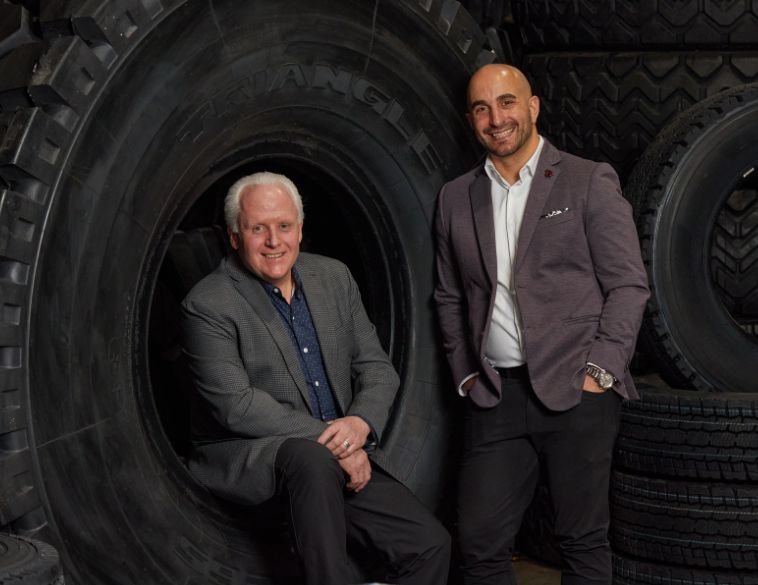The tire industry has and continues to advance its efforts in environmental protection and reducing emissions.
As I type this, Earth Day 2022 (held April 22) has just ended and this year’s theme “Invest In Our Planet” is followed by the one burning question: “What Will You Do?” The tire industry is committed to and investing in sustainability, and many major tire producers have ambitious goals already set for decades to come. These three examples are but a tip of the sustainability iceberg:
- Michelin Group’s ambition is to reach an average of 40% sustainable materials across all its ranges by 2030; and by 2050, Michelin will integrate 100% sustainable materials into its tires. The latest progress update (April 27) is here.
- Maureen Kline is the Vice President of Public Affairs & Sustainability at Pirelli North America, and Chair of TRAC’s Board. I consider Maureen to be one of the foremost tire industry professionals who focus squarely on the importance of sustainability in business and its positive impact on business results. In her recent Earth Day article, she notes that the three big areas of significant and growing impact on reducing harming emissions and protecting the environment are: the circular economy going mainstream, the growth of renewable energy, and electric mobility. According to Maureen, just as waste can be transformed from problem to resource, business can change from polluter to innovator. “That is the challenge of today, but success is a realistic possibility.”
- Bridgestone Americas announced on Earth Day their plan to debut a Firestone Firehawk race tire made from natural rubber produced from guayule—a shrub from the arid zone of southwestern part of the USA and northern Mexico—rather than traditional natural rubber from the Pará rubber tree. Guayule is part of the Bridgestone’s plan to achieve carbon neutrality and make tires from 100% renewable materials by 2050. The company is actively researching a range of solutions to support the recycling of materials from end-of-life tires and promote the replacement of non-renewable materials such as oil, silica, and virgin carbon black in new tires.
When it comes to “the big picture,” Tire Industry Project (TIP) is the primary global forum for the tire industry on sustainability issues, which consists of 10 leading tire companies representing approximately 65% of the world’s tire manufacturing capacity. TIP’s latest environmental KPI report shows that the intensity of CO2 emissions from TIP members’ manufacturing operations has decreased with a shift toward renewable-energy sourcing. The full report is an interesting read and can be accessed here.
Volunteer recognition
Also, as I type this, National Volunteer Week 2022 (April 24-30) is well underway. There is no better time than to pay homage to the many TRAC member volunteers who serve on our Board and Committees and generously provide their time, talent, energy, and expertise. TRAC, like many other not-for-profits, would not be successful in pursuing our mission and vision without the support of volunteers. Or as Helen Dyer once said, “Volunteerism is the voice of the people put into action. These actions shape and mould the present into a future of which we can all be proud.” From all the TRAC staff team, we salute our terrific volunteers.
Carol Hochu is President & CEO of the Tire & Rubber Association of Canada (TRAC). You can reach her at [email protected].



